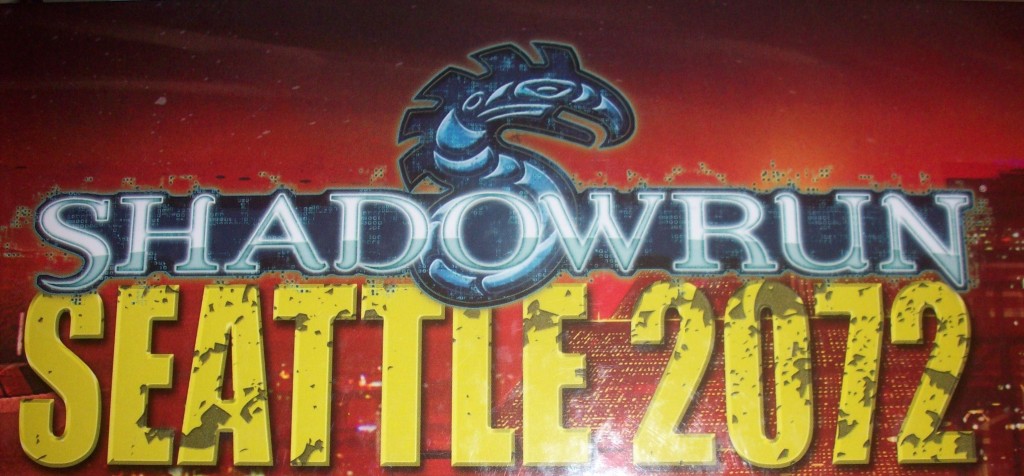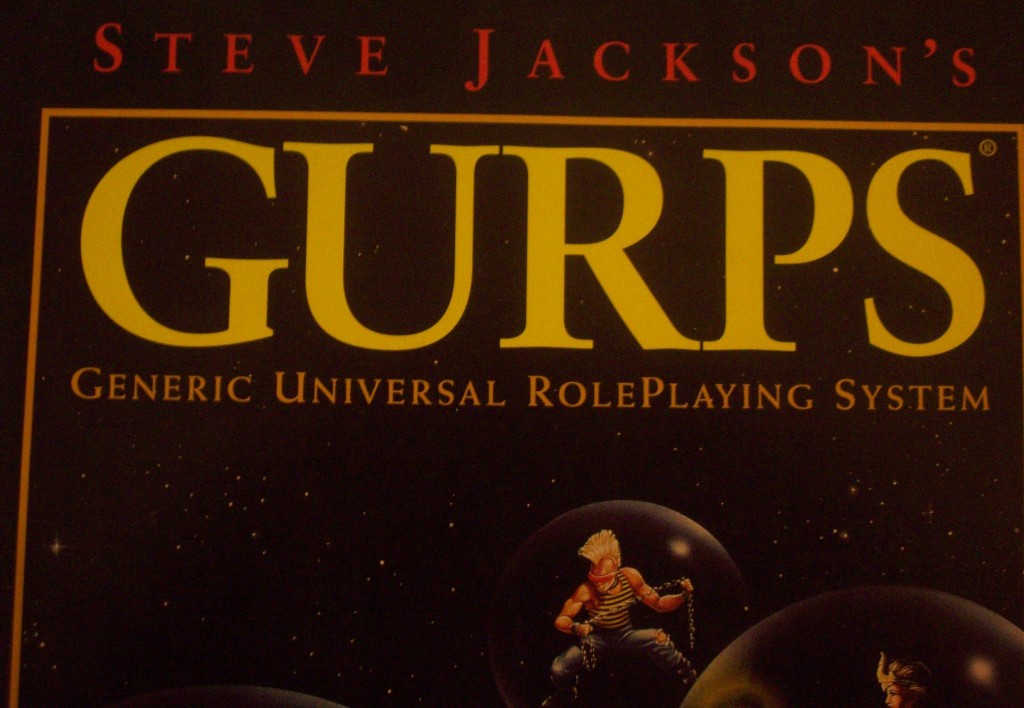Micro-Investing
Recently, the Jumpstart our Business Startups (JOBS) Act was passed. What is it? Well, in its most basic form, the JOBS act is micro-investing. Kind of like Prosper in that startups will be able to seek funding from the ordinary guy – not venture capitalists or angel investors or even the small business administration, but regular people like you and me – and pay them with stock options. Right now, there are a ton of regulations about who can invest in privately held companies. The JOBS act is looking to change that.
I’ll be honest; I’m kind of excited about this. I think it very likely that C and I will choose to invest some this way. We have a high risk tolerance and a lot of startups are going to be in the techie field where we know something about what they’re doing and possibly know people who know the people behind the companies. But I do not think it will revolutionize start-ups, at least not in the geeky fields.
Why? Because KickStarter has already done that.
You have heard of KickStarter, right? It operates on the exact same philosophy that the new JOBS Act does- it provides a place for start-ups or single projects to get funding. The difference right now is that the companies involved cannot pay their investors back in cash. It all has to be in product of some sort.
One of the reasons, in my mind, KickStarter works so well for video games and other geeky enterprises is that geeks are used to pre-ordering. You want to play the latest WoW expansion the moment its available? You pre-order, and you often pre-order months before, so that you know you will have your copy on day 1. “Investing” via KickStarter is a lot like pre-ordering, just way far in advance. C recently used some of his allowance to invest in two games he’s very excited about. One he invested at a higher rate at because it will come with a cloth map. C has a thing for cloth maps.
Both the games that C decided to invest in were already over their original target goal. One listed expanded goals (basically, more money means more content), and these game studios are being run by people in the business who know the business and the intellectual property they are looking at. (I believe C invested in the ShadowRun video game and the WasteLand sequel.)
Still, here’s a really neat thing about KickStarter- you don’t have to be a name (or own name IP) in order to get your funding. Now, this may be because most of the KickStarter projects we’re looking at are focused on geeks, and geeks our age tend to be somewhat successful and happy to support more geeky projects, but even the little guys are getting funded- and overfunded.
The Order of the Stick is a hilarious (at least if you’ve ever played D&D) web comic done by some guy. Really, he’s just some guy. When I started reading it, he was still in college, and he had some medical problems. He funded his website and even occasionally was able to print books of the comic. He decided this year that he would host a KickStarter fundraiser in order to raise money to reprint the book that has been out of print the longest. His goal- $57,750. I know, it sounds like a lot for what is essentially a giant comic book, but it is a 288 page, full color book. These are not inexpensive to print.
The drive was live on KickStarter for 30 days. Anyone want to guess how much money was pledged to the Order of the Stick Reprint Drive? Did you guess he got fully funded? You’d be right, but it was better than that. Maybe you guessed he got around $100,000, almost 2 times what he asked for. You would still be way off- and I mean way off.
In 30 days, what was essentially a pledge drive to raise funds to reprint copies of an online comic, raised over $1.25 million dollars- that’s right over 21 times what the original goal was.
And this is just a dude. Steve Jackson isn’t donating to this in order to be an NPC in a game. This is one guy who writes a web comic. His readers gave him this much money, in order to be able to spend money to buy the product. That’s right, most of the people who pledged do not even get a copy of the book out of it. (Though at the higher levels, people do.) One person donated at least $5,000, so that his D&D character could have a walk-on cameo in a future Order of the Stick cartoon.
You know me- I’m a fan of micro-lending (both charitable and for profit), micro-volunteering, micro-fiction, and now, micro-investing.
I expect that when the JOBS Act actually goes into effect, people will still need to be able to donate a couple thousand at a time in order to actually get any stock/monetary benefits. But if you only have $10 or $25 extra lying around, and you want to fund a creative project you’re interested in, check out KickStarter. It is crowdsourcing at it’s finest.




I've Kickstarted a board game (Flashpoint) and was excited to get the announcements as it was produced. That said, now that many video games are really leaning on it (just saw a new Jane Jensen game yesterday while on Joystiq) as much as boardgames are, I'm getting a little worried. It seems to be easy money and I think there might be some high profile misses that could end up ugly.
It could easily end up with some messes. C very specifically "invested" in two projects that have enough name recognition (IP and the people making the games) that hopefully, that will be avoided, but his first thought when looking at KickStarter (and especially the Order of the Stick drive), was to wonder if this was going cause problems. I mean, when you're only looking for less than $60k and you get over $1.25 million, what do you do with that money?
I'd recommend handing it to me. I can be bought.
Great info here. I've been trying to source VC investors and "angels" for my tech startup but all the meetings have ended the same way, "you guys have a GREAT product" but we want to see bigger expansion and revenue numbers before we get involved". Isn't the whole concept of VC investors to HELP solid, qualified startups expand and start making the big money? Regardless, this program sounds like it would be awesome since we've already won over tons of regular folks with our products and they'd most likely jump at the chance to invest in our company.
Great info, Thanks!
Joe
It will be a couple years (2014, I think) before the JOBS Act actually goes into effect. If you're doing something creative, KickStarter is for you, but if not…
I would seriously recommend reading A Good Hard Kick in the Ass by Rob Adams. It really walks you through the things VCs are looking for. Angel investors (in my understanding) were supposed be there to kick in before a VC would normally look at you. I would think you're looking more for Angel cash than VC (just based on what you wrote here), so maybe you're not looking at the right Angels, or maybe this book will give you some idea of a piece you might be missing.
I'd also note that in the current economy (as much as people hate that phrase) it is much more difficult to get Angel or VC cash than it was in the 1990s and 2000s.
Best of luck to you.
How very interesting. Micro investing is becoming very popular in Europe as well. In the UK we have Zopa (it generally offerls loans but the funding comes from individuals who choose who to support; some of it is for small business). A friend was recentyl telling me about a micro investing scheme in France – he is doing it and it is great fun, provides support for small business and is an opportunity for him to invest small sums. And we all know that small amounts can add up to a lot!
That's a great way to push entrepreneurship. The Caribbean needs something like this. The talent is there, but the medium is not. I have to research the stuff that you mentioned here and see if I can come up with a proposal or something.